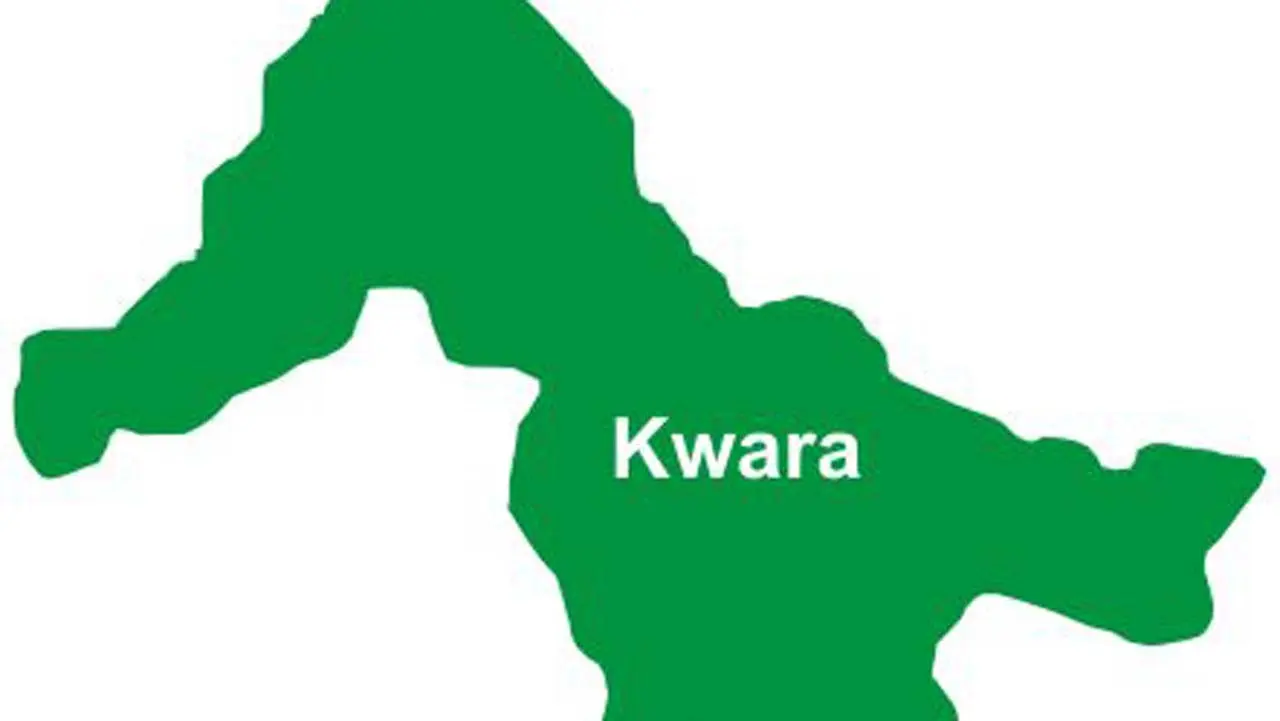Over 300 scholars, imams converge on Kwara to discuss brotherhood, responsibilities
More than 300 imams and esteemed Islamic scholars have convened in Ajase-Ipo, Kwara State, to discuss their roles in fostering national unity. The event, themed ‘Sound Imam, Sound Jama’ah’, was organised by Daaru-s Sa’aadah Islamic Centre and marked the first gathering of its kind in the state since 2016. Notable figures in attendance included Sheikh […]

More than 300 imams and esteemed Islamic scholars have convened in Ajase-Ipo, Kwara State, to discuss their roles in fostering national unity.
The event, themed ‘Sound Imam, Sound Jama’ah’, was organised by Daaru-s Sa’aadah Islamic Centre and marked the first gathering of its kind in the state since 2016.
Notable figures in attendance included Sheikh Dhikrullah Shafi’i, Grand Mufti of the Conference of Islamic Organisations (CIO), among other distinguished Islamic leaders.
In their opening remarks, Oba Ismail Yahaya Atoloye Alebiosu, the Olupo of Ajase-Ipo, and Sheikh Taofik Aliyu Atoloye, the community’s chief imam, highlighted the significance of the conference in preserving Islam by enlightening clerics to guide the community towards righteousness.
- Tinubu approves e-vehicles for transportation in N/East
- FG targets more revenue from taxes as Tinubu sends 4 bills to N/Assembly
They expressed the community’s anticipation for a gathering of this magnitude, emphasising its potential to positively reshape Islamic practice and understanding.
One of the guest speakers, Prof. AbdulRasaq Abdulmajeed Alaro, delivered a lecture on the ‘Responsibilities and Duties of an Imam’.
He stressed that the role of an imam is one of responsibility rather than merely a title.
He urged imams to actively lead their congregations in accordance with Islamic teachings, revitalise mosques to serve educational and conflict resolution needs, and promote economic welfare by encouraging affluent members to support those in need.
Dr Ridwanullah Jamiu, Chief Imam of Lekki Central Mosque in Lagos, encouraged imams to act as agents of national unity.
He emphasised that mosques serve as community centres where imams symbolise unity among Muslims, regardless of their diverse backgrounds.
He asserted that mosques should function as multipurpose institutions, fostering educational growth, economic empowerment, and social cohesion.
Imam Ismail Yusuf, a member of the organising committee, stated that the gathering aimed to equip over 300 imams, primarily from southern Yoruba communities in Kwara and surrounding areas, with the knowledge and skills necessary to fulfill their spiritual leadership roles.
Hajia Rahmatallahi Akansin, the conference convener, explained that the rationale behind the event was to enhance the knowledge of Islamic leaders tasked with addressing societal issues.
